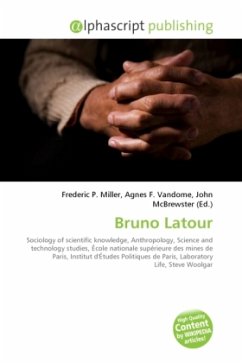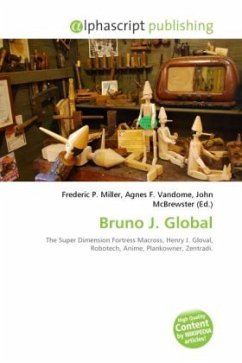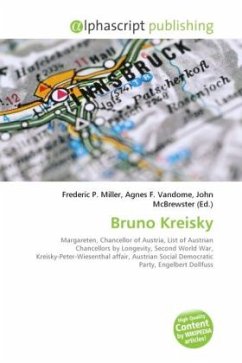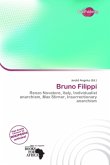Bruno Latour (born 22 June 1947, Beaune, Côte-d'Or) is a French sociologist of science, anthropologist and an influential theorist in the field of Science and Technology Studies (STS). After teaching at the École des Mines de Paris (Centre de Sociologie de l'Innovation) from 1982 to 2006, he is now Professor and vice-president for research at the Institut d'études politiques de Paris (2007), where he is associated with the Centre de sociologie des organisations (CSO). He is best known for his books We Have Never Been Modern (1991; English translation, 1993), Laboratory Life (with Steve Woolgar, 1979) and Science in Action (1987). Although his studies of scientific practice were at one time associated with social constructionist approaches to the sociology of science, Latour has diverged significantly from such approaches. Along with Michel Callon and John Law, Latour is one of the primary developers of actor-network theory (ANT), a constructionist approach influenced by the ethnomethodology of Harold Garfinkel, the generative semiotics of Greimas, and (more recently) the sociology of Durkheim's rival Gabriel Tarde.
Bitte wählen Sie Ihr Anliegen aus.
Rechnungen
Retourenschein anfordern
Bestellstatus
Storno








